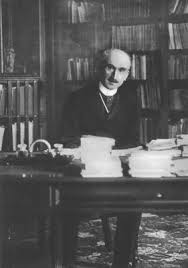Topologie Bergsoniane
DOI:
https://doi.org/10.13135/2038-6788/9282Parole chiave:
Aristotele, Bergson, Corpo, Deleuze, Filosofia italiana, Luogo, Spazio, TracendentaleAbstract
The article focuses on Bergson’s doctoral dissertation, The Idea of Place in Aristotle (1889), showing how its naturalistic principles challenge the epistemology of intensive quantities that, from Kant to Deleuze, has rooted topological thought in a transcendental dimension. Against Kant’s spatial continuum – from the emptiness of the transcendental field to the fullness of the empirical phenomenon – Bergson theorizes a topological space completely absorbed within physical bodies, their qualitative changes, movements and interactions. The second part of the article connects this Bergsonian immanentism to the “living thought” of Roberto Esposito, arguing that Esposito’s critique of modern philosophical idealism could be productively interpreted as an instance of this naturalistic topology.



